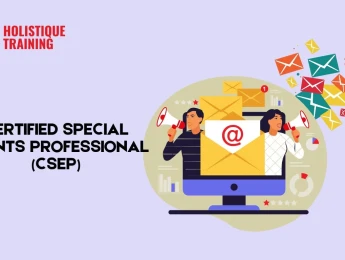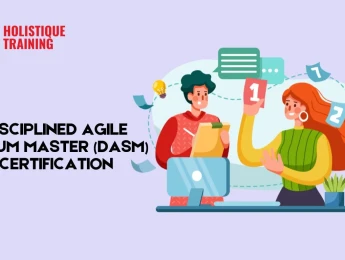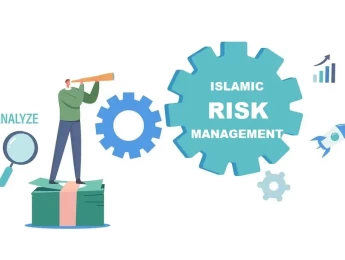Hosting an important event for your company can mean the difference between a successful contract win, a massive financial investment, and a negative external reputation due to an uninspiring conference.
The trick is to wow your guests, stakeholders, and investors with unique events and exciting activities to secure that investment, whether it’s for time, money, or resources. It’s all about making your event memorable to ensure your guests will want to partner with your organisation and will remember you for your creativity and innovation, which adds a little more depth to your brand.
But there’s lots to think about. It’s not just about excitingly displaying your facts and figures. You need to consider your event invitations, who to invite and how to invite them, your venue, seating arrangements and facilities, and your all-important refreshments. You’ll need to put your best foot forward, spruce up your business’ offering to add a bit of extra sparkle, and bring in that new business using your winning conference and event management experience.
Upon completion of this course, participants will be able to:
- Open the doors to creativity and plan an exciting and innovative event.
- Focus your organisational skills to create a successful project outcome.
- Understand the ins and outs of event planning.
- Assess the function of your event and discover what your guests need to make provisions based on your target audience.
- Develop a cost analysis to ensure your event remains in budget and brings a return on investment.
- Prepare activities and interactive experiences to engage an audience.
- Demonstrate leadership skills when delegating to an events team.
This course will help to develop hospitality and event management skills for anyone within an organisation who aims to plan a successful event. It would be most beneficial for:
- Event Planners
- PR Professionals
- Project Managers
- Marketing Managers
- Business Owners
- Hospitality Professionals
- Hoteliers
- Venue Dressers
This course provides a range of adult learning styles to help unlock your creative side. You’ll look through past examples of successful events, discover new trends and popular activities to trial, and conduct surveys to determine the best ways of displaying information to get a positive result.
You’ll be involved in group discussions to pitch your ideas and will have the opportunity to create a project plan to roll out for your next event.
Day 5 of each course is reserved for a Q&A session, which may occur off-site. For 10-day courses, this also applies to day 10
Section 1: Why Are Events a Good Idea for Your Business?
- What you need to be a good events manager.
- How an event can transform your business.
- Deciding on your event goals.
Section 2: Market Research and Understanding What’s Required
- Surveys and qualitative data – what does your audience want?
- Competitor events and their wins.
- Develop a vision that is consistent with your brand.
- Select the right venue for your clients.
- Compelling advertising to pull in the right people.
Section 3: Cost-Benefit Analysis to Achieve ROI
- Developing a cost structure – where do you want to spend, and where should you look to save?
- Budget control and stock management.
- Setting a contingency plan.
- Insurance plans and documentation.
- Renting and decorating your space.
Section 4: Planning Your Day
- Setting SMART objectives to achieve.
- Developing a timing structure to keep you on target.
- Innovative themes that cater to your audience.
- Accessibility considerations.
- Gantt charts and their uses.
- Contacting suppliers and setting expectations.
Section 5: Invitations and Attendees
- Your VIP list.
- Filling the room.
- Social media marketing.
- Invite only – signing off your guest list.
- Prebooking scenarios.
- Guest speakers and activities.
- Setting up conference registration activities.
Section 6: Executing the Event
- First steps from planning to implementation.
- Greeting guests and finding seats.
- Catering obligations and dietary requirements.
- Scheduling your activities.
Section 7: Managing an Events Team
- Effective delegation.
- The basics of hospitality.
- Team briefings and responsibilities.
- Creating an events committee.
Section 8: Risk Management
- Risk assessments before and during an event.
- Health and safety considerations.
- Documenting risks and mitigating problems.
- Creating an emergency contact list.
Section 9: Evaluation and Feedback
- Lessons learned – what went well?
- Measuring successes through feedback.
- Inviting media attention for reviews.
- The importance of event team feedback.
- Preparing a final report.
Upon successful completion of this training course, delegates will be awarded a Holistique Training Certificate of Completion. For those who attend and complete the online training course, a Holistique Training e-Certificate will be provided.
Holistique Training Certificates are accredited by the British Assessment Council (BAC) and The CPD Certification Service (CPD), and are certified under ISO 9001, ISO 21001, and ISO 29993 standards.
CPD credits for this course are granted by our Certificates and will be reflected on the Holistique Training Certificate of Completion. In accordance with the standards of The CPD Certification Service, one CPD credit is awarded per hour of course attendance. A maximum of 50 CPD credits can be claimed for any single course we currently offer.
- Course Code PM2-107
- Course Format Classroom, Online,
- Duration 5 days














